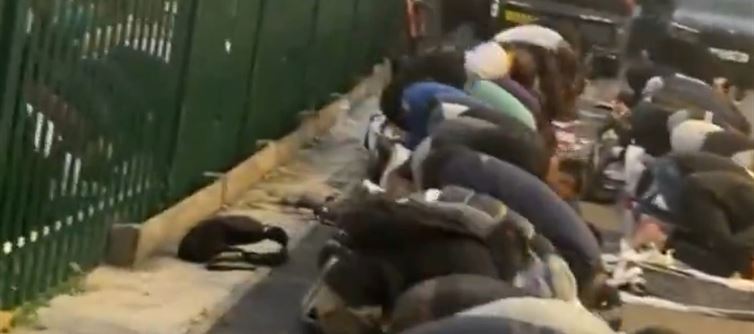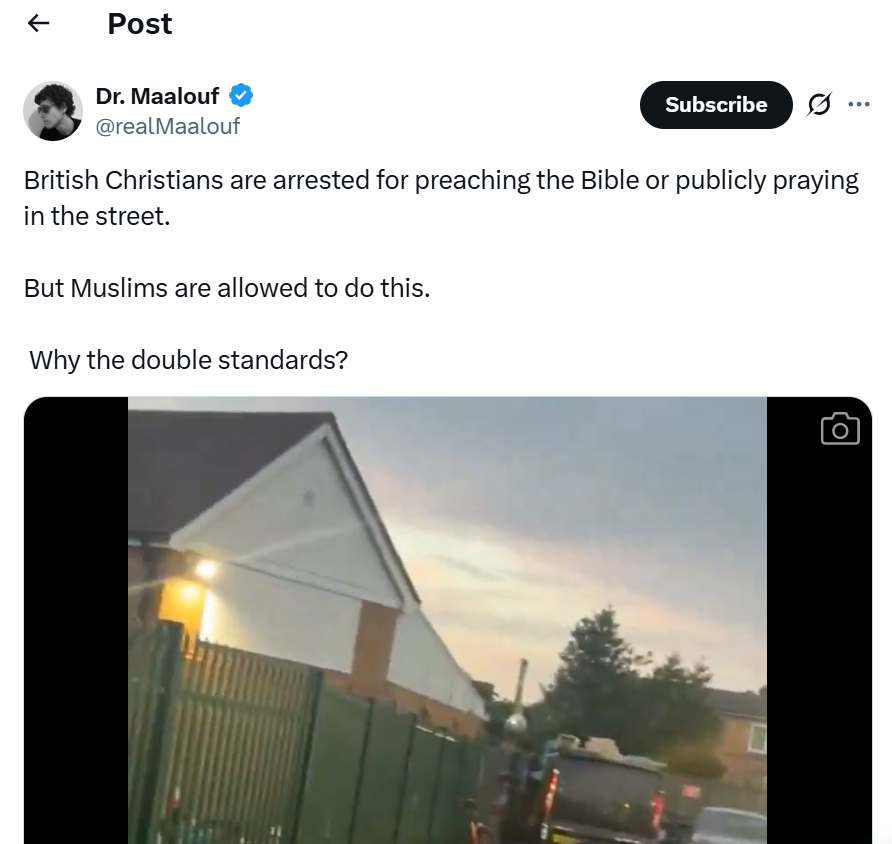
To understand the controversy, it's essential to consider the legal and cultural context. In the UK, the right to freedom of religion is protected under Article 9 of the european Convention on Human Rights, which is incorporated into UK law through the Human Rights Act 1998. This right includes the freedom to manifest one's religion or belief in worship, teaching, practice, and observance, subject to certain limitations that are prescribed by law and necessary in a democratic society.
 However, the application of these rights can vary. Instances of Christian preachers being arrested or fined for public preaching have been reported, often under charges related to breach of the peace or hate speech, particularly when their messages are deemed offensive or inflammatory. For example, in 2019, a street preacher in london was arrested for reciting bible verses that were interpreted as homophobic, leading to a legal battle that highlighted tensions between religious expression and anti-discrimination laws.
However, the application of these rights can vary. Instances of Christian preachers being arrested or fined for public preaching have been reported, often under charges related to breach of the peace or hate speech, particularly when their messages are deemed offensive or inflammatory. For example, in 2019, a street preacher in london was arrested for reciting bible verses that were interpreted as homophobic, leading to a legal battle that highlighted tensions between religious expression and anti-discrimination laws.Conversely, Muslim communities have also faced scrutiny for public prayers, especially when they block public thoroughfares or disrupt traffic. Yet, the video shared by Dr. Maalouf does not depict such disruption, suggesting a controlled and organized event. The absence of immediate police intervention in this instance contrasts with the experiences of some Christian groups, fueling the narrative of double standards.
The tweet has elicited a range of reactions. Some users argue that the comparison is unfair, pointing out that the context of each incident matters—Christian preachers might be arrested for the content of their speech rather than the act of praying itself. Others contend that the visibility and scale of Muslim prayer gatherings, often due to larger community sizes in certain areas, might influence public and police responses differently.




 click and follow Indiaherald WhatsApp channel
click and follow Indiaherald WhatsApp channel